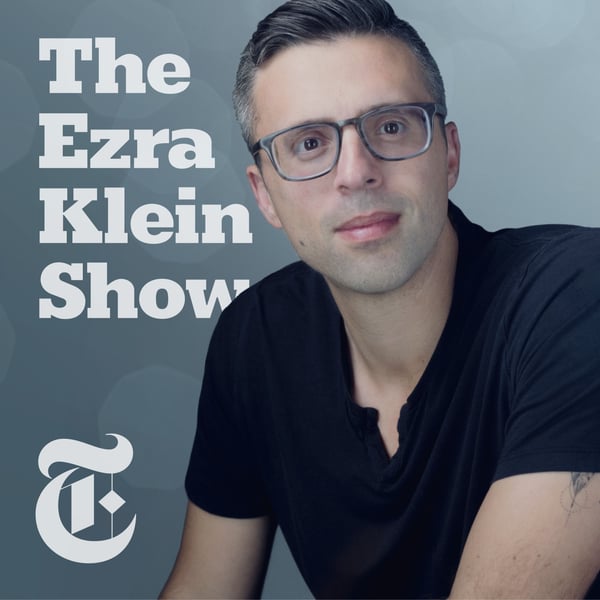A Realist Take on How the Russia-Ukraine War Could End
The Ezra Klein Show
New York Times Opinion
4.6 • 11K Ratings
🗓️ 18 March 2022
⏱️ 75 minutes
🧾️ Download transcript
Summary
Transcript
Click on a timestamp to play from that location
| 0:00.0 | I'm Mr. Clan and this is the Asher Clancho. |
| 0:23.6 | I want to begin today by taking a moment and getting at the theory of how we're covering |
| 0:27.9 | Russia's invasion of Ukraine on the show. |
| 0:30.9 | There is no way to fully understand an event this vast where the motivations of the players |
| 0:35.8 | and the reality on the ground are this unknowable. |
| 0:38.6 | There is no one explanation, no one interpretation that can possibly be correct. |
| 0:43.2 | And if anyone tells you they've got that, you should be very skeptical. |
| 0:47.7 | But even if all models are incomplete, some are useful. |
| 0:51.0 | And so each episode has been about a different model, a different framework. |
| 0:54.4 | You can use to understand part of the crisis. |
| 0:57.0 | We talked with Adam Tuz about the economic framework with Fiona Hill, about Putin stated |
| 1:02.2 | aims, with Farid Zikaria, about the great power conflict frame, and the Russia-China relationship |
| 1:08.0 | with Masha Gessen, and with Timothy Snyder, about the competing histories driving Russia |
| 1:12.6 | Ukraine, the US, and Europe. |
| 1:15.3 | But there's one model that a lot of you have emailed asking us to cover, a model for |
| 1:19.5 | foreign policy that gets called realism. |
| 1:22.6 | realism is about simplifying. |
| 1:27.6 | Realism is a political framework that understands international relations. |
| 1:31.7 | As a contest between relatively rational states for power and security, it's pretty structural |
| 1:39.4 | in that way. |
| 1:40.4 | It sees the actions and activities of states as quite predictable given their role and |
| 1:46.6 | needs in the international security hierarchy. |
... |
Please login to see the full transcript.
Disclaimer: The podcast and artwork embedded on this page are from New York Times Opinion, and are the property of its owner and not affiliated with or endorsed by Tapesearch.
Generated transcripts are the property of New York Times Opinion and are distributed freely under the Fair Use doctrine. Transcripts generated by Tapesearch are not guaranteed to be accurate.
Copyright © Tapesearch 2025.

